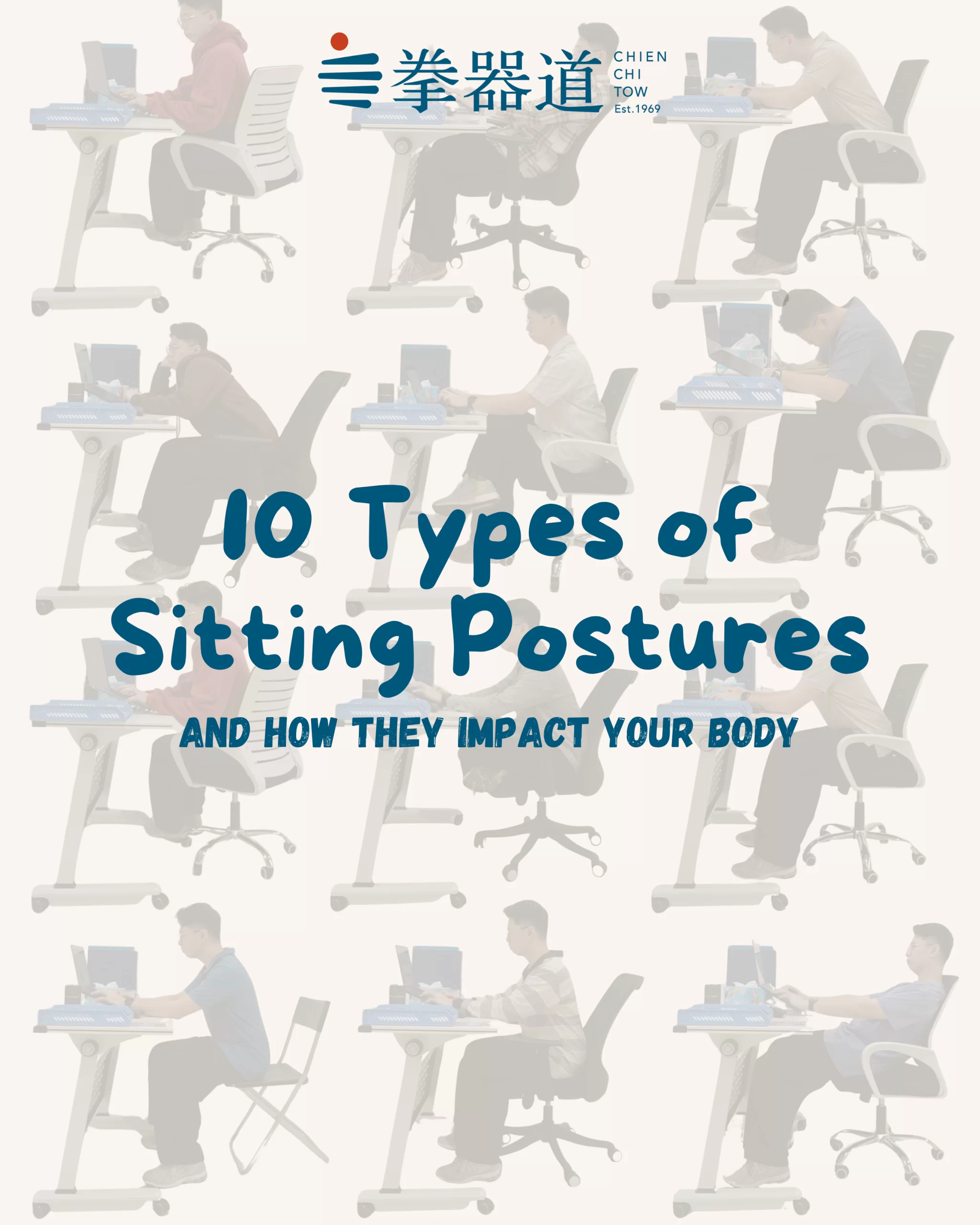
About 45,000 Singaporeans suffer from rheumatoid arthritis.
Rheumatoid arthritis (RA) is viewed in Traditional Chinese Medicine (TCM) as a condition involving an imbalance of vital energy (Qi) and blood within the body. TCM sees the body as a network of meridians through which Qi and blood flow, maintaining the body’s overall balance. When this balance is disrupted, it can lead to conditions like rheumatoid arthritis. The factors that contribute to RA according to TCM include external factors (e.g., cold, dampness), internal factors (e.g., Qi and blood stagnation), and emotional stress, which can impair the body’s Qi circulation and lead to joint pain and inflammation.
The age at which rheumatoid arthritis most frequently occurs is 20 to 45 years old: In TCM, this age range is considered the prime of life when the body’s Qi and blood are at their strongest. However, various factors, such as emotional stress, overwork, or improper lifestyle habits, can weaken the body’s defenses and disrupt the harmonious flow of Qi and blood, making individuals more susceptible to conditions like rheumatoid arthritis.


Symptoms of Rheumatoid Arthritis
Tender, warm, swollen ankles: TCM associates joint swelling and warmth with the accumulation of dampness and heat in the body. Dampness and heat can obstruct the flow of Qi and blood in the meridians, leading to pain and inflammation in the joints, such as the ankles.
Ankle stiffness after waking up and after inactivity: In TCM, stiffness is often attributed to the stagnation of Qi and blood circulation. Morning stiffness could be due to the body’s Qi being less active during sleep, allowing dampness and cold to accumulate in the joints. Stagnation can also occur after prolonged inactivity, when the Qi and blood flow slows down.
Fatigue and loss of appetite: These symptoms can be related to the body’s inability to properly transform and transport Qi and nutrients, resulting in a deficiency in vital energy. TCM often categorizes this as a disruption in the Spleen and Stomach functions, which are responsible for digestion and energy production.
Acupuncture can help with pain management and provide relief: Acupuncture is a central treatment modality in TCM. From a TCM perspective, the insertion of acupuncture needles helps stimulate and regulate the flow of Qi and blood in the meridians. By targeting specific acupuncture points related to pain and inflammation, acupuncture aims to restore the balance of Qi and blood, promoting the body’s self-healing mechanisms.


By inserting needles into specific acupressure points, acupuncture enhances blood circulation and facilitates the removal of inflammatory substances: In TCM theory, acupuncture helps to unblock obstructions in the meridians and promotes the smooth flow of Qi and blood. This improved circulation can facilitate the removal of pathological factors like dampness, heat, and stagnation that contribute to joint inflammation. Acupuncture is believed to encourage the body to release its own natural anti-inflammatory substances, which can aid in reducing pain and promoting healing.
Book a consultation with our TCM Physicians to get your Rheumatoid Arthritis looked at today!


Are you tired of living with persistent ankle pain and seeking natural, holistic solutions for your discomfort? Don’t wait any longer! Take the first step towards healing and visit our experienced Traditional Chinese Medicine (TCM) physician today.









